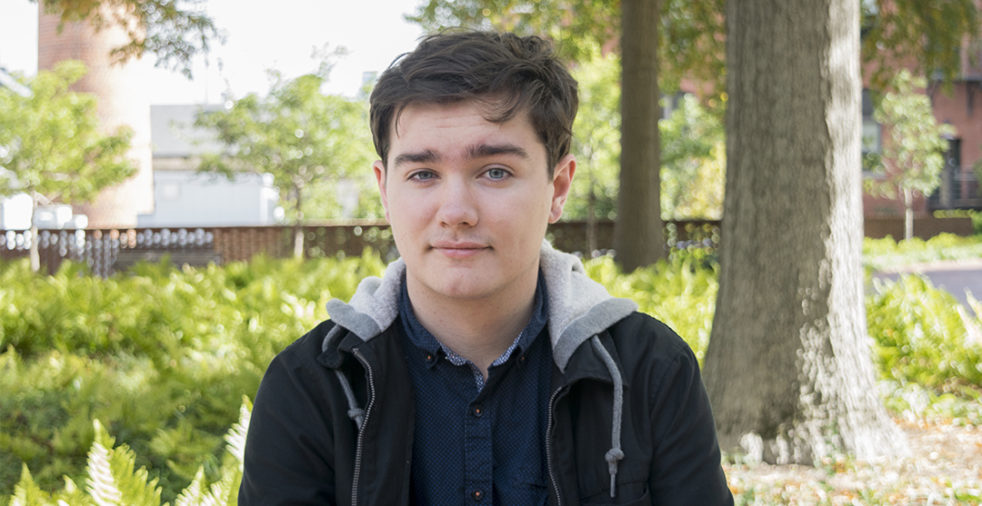As Zion Williamson crumpled to the floor, there was a sense of shock in the air at the annual Duke versus UNC rivalry game. Williamson, widely projected to be a top-five pick in the NBA Draft, seemed stunned as well at the way that his body had failed him — perhaps not necessarily in the pain and agony of the moment as his knee slipped in a direction it should not have, but at a sudden glimpse of his future slipping away. Williamson, it turns out, will most likely be fine — he will rest, rehab and then rejoin his teammates when healthy — but his freak injury served as a harrowing reminder of a system that shortchanges college athletes for the almost-exclusive benefit of colleges themselves.
Consider how the NCAA serves as a professional pipeline for numerous athletes. Basketball players must wait at least one year after graduating from high school to join the NBA draft, and the NCAA is largely the only avenue for players to become recognized and build draft stock. Football players must wait three years, putting their bodies on the line in a punishing and brutal sport and risking career ending injury every day. Miami WR Ahmmon Richards had been projected as a first round NFL draft pick, looking at a payday of millions of dollars — but with a career ending neck injury, that potential has evaporated.
Even worse is that these necessary pipelines are rigidly enforced so that athletes will receive no compensation during their time in college. In a notable incident in 2015, a homeless Baylor walk-on was declared ineligible by the NCAA for being given a place to sleep by a family friend. In another incident, three Oklahoma players were declared ineligible. Even the most minor of expenses can result in wide-ranging repercussions for schools and athletes.
The issue at the heart of this matter is that while college sports has emerged as an industry on par with professional sports, college athletes have seen precisely no financial benefits. College sports is a multi-billion-dollar industry, but a dated notion of amateurism has artificially suppressed student benefits and ensured that they see no greater piece of the pie even though universities are reaping in even more than ever in terms of revenue. NCAA organizations have all the hallmarks of professional sports organizations — licensing and television deals, dedicated fanbases, superstar athletes — yet the core and integral component of college athletics is horribly flawed in terms of labor rights in that the athletes themselves receive little financial benefits.
Indeed, a 2011 study found that 86 percent of college athletes live below the poverty line. As much as advocates may wish to harp on the benefits of scholarships for students, the fact remains that the value of a four-year degree is not worth nearly as much as it has been historically — a 2017 study found that “the bachelors degree is becoming the new high school diploma” as opportunities for skilled positions with high wages shrink as competition increases. Pushing all of this aside, the fact remains that as athletes for revenue-generating sports events, student-athletes are providing colleges with essentially free labor and seeing only a tiny portion of the benefits.
In other words, the entire institution of collegiate athletics is fundamentally flawed. It has progressed and grown as an institution with this integral flaw, like a skyscraper built on a glass foundation. As a result, we have grown accustomed to this institution and paved over this glaring injustice, and there are some who may argue that the institution is far too large to dismantle and remove this flaw — but the fact remains that at its core, college athletics is built upon the exploitation of student athletes. It may well be that the only way to remove that flaw is to remove the institution itself.
It is a statement of bold action — after all, what of the smaller schools who draw in large amounts of revenue from their football teams but might cry poverty in the face of paying student athletes? But it matters not how essential athletics revenue is to these colleges — what matters is that these revenue streams exist only on the backs of unpaid labor, are thus amoral and unethical, and deserve to be disassembled.
Williamson should not need to put his body and future livelihood on the line just to line the pockets of the NCAA and Duke. No athlete should. These organizations are professional sports in every way except for the compensation of their players — and arguably, that is the only way that these organizations might exist. But if an egregious violation of labor rights is the only way that these institutions can function, then they do not deserve to function at all. Full stop.
